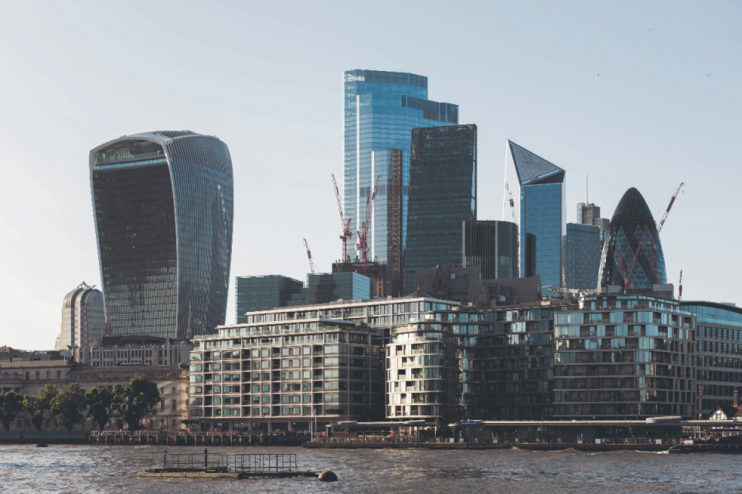Budget tax hikes send business confidence to two year low, survey shows

Business confidence among firms in the services sector fell to its lowest level in nearly two years following October’s Budget, a new survey shows.
S&P’s purchasing managers’ index (PMI) for the services sector showed that business expectations for the year ahead were at their lowest level since December 2022.
“This was overwhelmingly linked to worries about higher payroll costs and subsequent declines in business investment,” the survey said.
The fall in business confidence comes shortly after the government hiked employers’ national insurance in the Budget, a move which many business groups argue will hit growth as businesses deal with the extra costs.
The survey showed that staff numbers dipped for the second month in a row following the Budget, as firms decided not to replace voluntary leavers.
“Forthcoming rises in employers’ National Insurance contributions weighed heavily on staff recruitment,” Tim Moore, economics direct at S&P Global Market Intelligence noted.
The overall PMI reading fell to 50.8 in November, down from 52.0 in October and the lowest reading for 13 months.

“Many service sector firms noted a growth headwind due to heightened economic uncertainty and concerns about tax raising measures announced in the Autumn Budget,” the survey said.
New business volumes increased at the slowest pace since June, when pre-election uncertainty had weighed on demand. New work from abroad also increased at a slower pace than October.
However, the final reading was significantly higher than the ‘flash’ estimate of 50.0, which suggests firms who responded to the survey slightly later were more positive than those who responded to the initial survey.
Economists at Pantheon Macroeconomics said this means sentiment could recover relatively quickly in the months ahead.
“The PMI tends to overreact to political events and uncertainty…and consistent with that, the further we get from the Budget and US election the less firms’ sentiment is hit,” they said.
Matt Swannell, chief economic adviser to EY’s Item Club, also suspected that the fall in the PMI was exaggerated by the Budget.
“The results can be heavily affected by swings in business sentiment, and don’t always show genuine trends in activity,” he said.
“With November’s survey the first since the Autumn Budget…the EY ITEM Club thinks sentiment is likely to have played an outsized role in driving today’s results.”
The survey also suggested that inflationary pressures were still worryingly persistent, with the rate of cost inflation rising at its fastest pace since April. Firms passed on more of these costs, with output inflation accelerating to its quickest pace since July.
“Efforts to pass on rising salary payments, and other business expenses, including energy bills, insurance costs and technology expenditure, all contributed to a steeper rise in output charges,” the survey said.